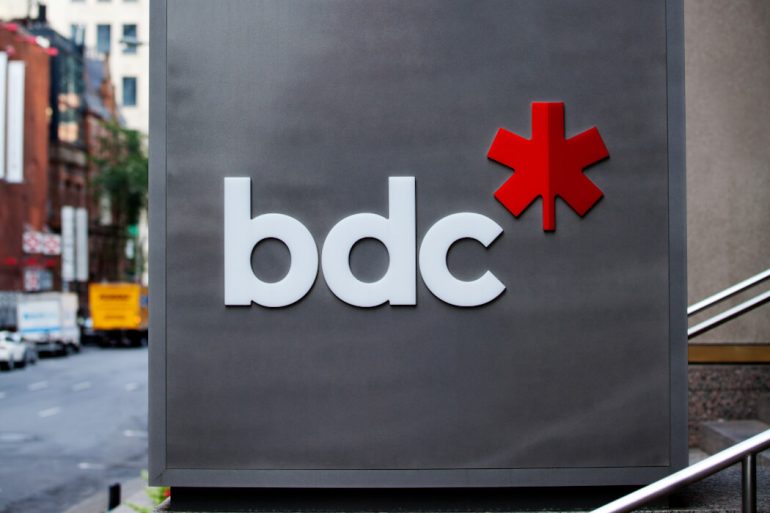The 2021 venture capital (VC) funding party was short-lived, according to a recent report published by BDC Capital, the investment arm of the Business Development Bank of Canada.
BDC found that the number of VC deals in 2022 dropped by 12 percent year-over-year (YoY), while the total amount invested declined by 34 percent.
Going into 2023, BDC estimates Canadian VCs have $13 billion in “dry powder.”
These findings confirm the end of the “growth at all costs” mindset that led to the record-shattering VC activity in 2021, according to BDC. As the market tightens, it has adopted a renewed focus on “startup start-up profitability, operational efficiency, and a return to more sustainable growth.”
“In the next cycle of venture investing in Canada, resiliency and prudent management of capital will play a key role,” said Jérôme Nycz, executive vice president at BDC Capital.
Return to historic average
After a significant period of growth in 2021, Canadian VC activity declined across several metrics as the market resets to pre-pandemic levels.
The average deal size declined YoY, from $18.8 million in 2021 to $14.2 million in 2022. This still compares well to the median deal sizes in previous years however, as 2020 recorded $9.1 million and 2019 had $11.7 million.
Valuations also took a hit in 2022. There were 23 VC and private equity-backed companies that reached a $1-billion valuation in 2021 for a total of $67 billion. In 2022, that dropped to less than half—10 new unicorns that year, which were collectively worth $22 billion.
The report also found that the overall market decline was most evident within the information and communications technology sector, where 10-year gross internal rates of return dropped by three percentage points YoY.
Median exit values in 2022 fell to $39.5 million, representing a 55 percent decline from the $89.4 million average in 2021. Despite this downward trend, it is also an indication of a return to historic averages as the 2022 median is more aligned with the $31.5 million recorded for 2020 and $43.1 million in 2019.
IPO drought
Canada saw a record-year for IPOs in 2021, with 12 VC-backed firms going public for a total value of $6.5 billion. In 2022, that number shrunk to zero, similar to the drought in 2019.
BDC attributes this change to subdued public market valuations restricting the options of VC-backed companies looking to pursue an exit strategy through the public markets.
One of these options is the use of special purpose acquisition companies (SPACs), which offered a streamlined listing process for companies as an alternative to traditional IPOs.
SPACs became popular in 2021 as an alternative to traditional IPOs. However, as BDC noted, SPACs faced criticism for being structured in a way that could benefit the investors even if they couldn’t execute a favourable deal. Along with other regulatory restrictions, this has made SPACs less attractive.
Since its peak in early 2021, BDC’s findings showed that Canadian SPAC formation has declined by more than 60 percent.
BDC expects VCs to deploy capital at a slow pace as 2023 progresses, despite having an estimated $13 billion in “dry powder,” another term for cash reserves ready to be deployed. This capital will be allocated to follow-ons and new investments in the coming years.
BDC said the continued lag in capital deployment could be due to various reasons such as economic uncertainty and pressure from limited partners to slow the pace of capital calls.
The full report can be found here, which offers more detail on down rounds, foreign investments, and deal sizes by investment stage.
Featured image courtesy BDC.

